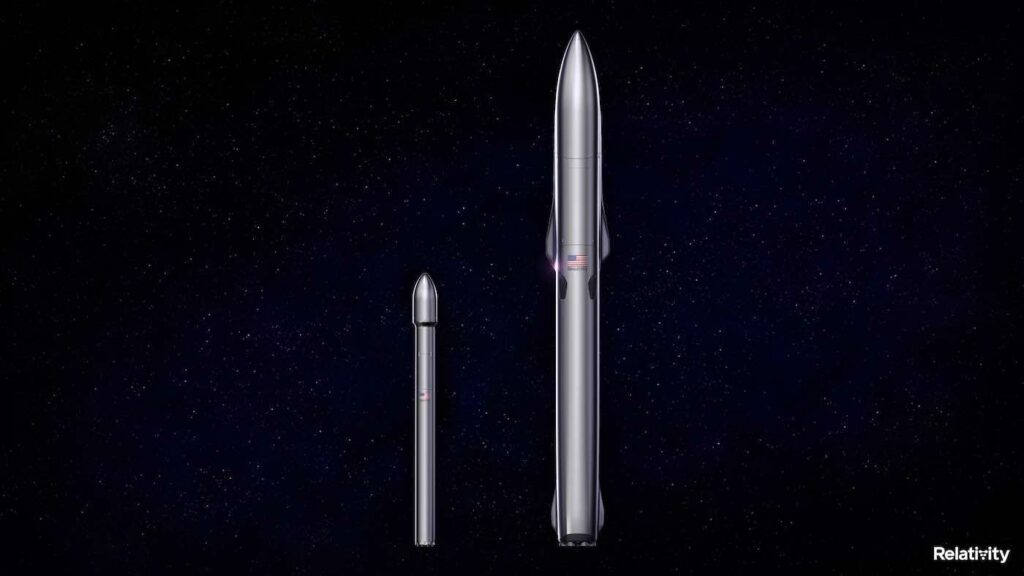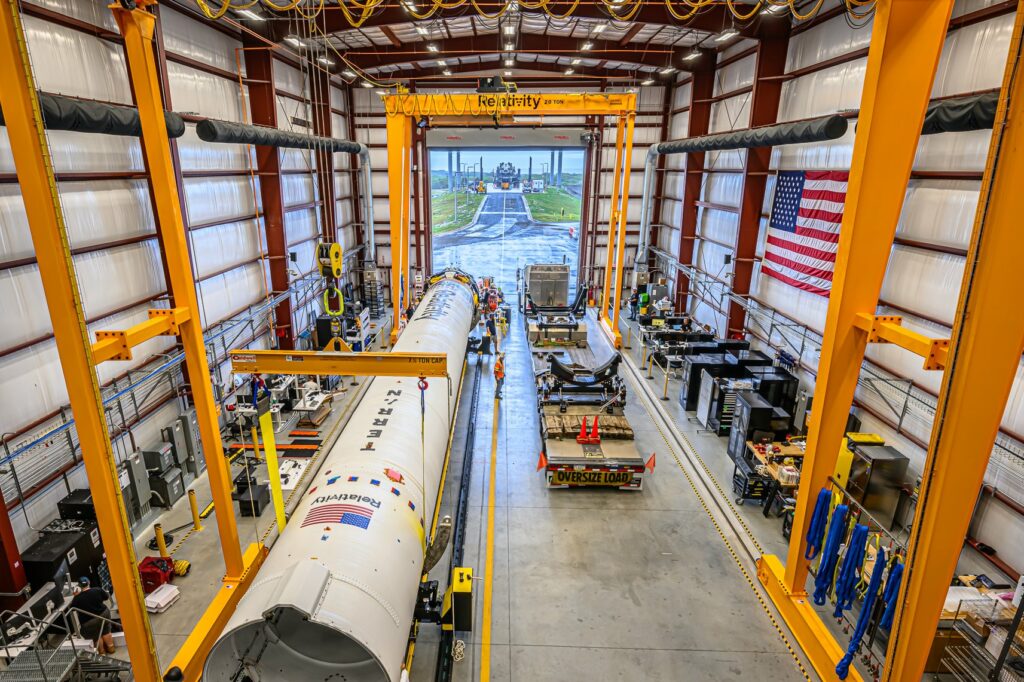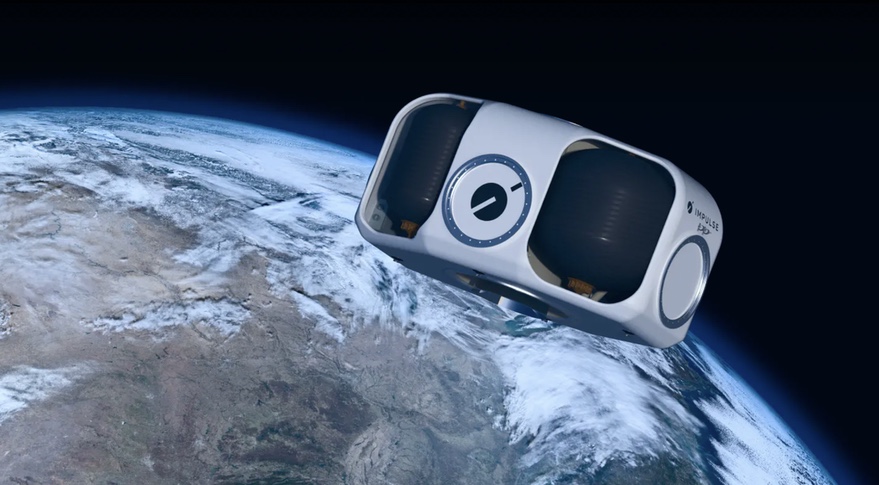Aerospace startups Impulse Space and Relativity Space have announced the joint development of the first ever private Mars mission. Its launch is scheduled for 2024.
First private Mars mission
According to the press release, Impulse Space will undertake the creation of a flight module and a descent vehicle. In turn, Relativity Space will provide a carrier — a fully reusable Terran R rocket printed on a 3D printer. It is capable of putting 20 tons of cargo into low Earth orbit.
So far, both project participants have not reported the exact parameters (size and weight) of the Martian apparatus. Judging by the video published by Impulse Space, it will land using a braking parachute and landing engines.
It is also not yet known what kind of payload will be on board the device. The press release says only that it “will support research and development on the way to achieving a multi-planetary future for humanity”. Most likely, the companies plan to work according to the scheme of the CLPS program, under which private companies will deliver cargo to the Moon from both state and commercial customers.
Printed Relativity Space Rockets
The project participants declare that the first ever private Mars mission will be launched in 2024. However, this date will depend on the success of Relativity Space, which has yet to make its first orbital launch.

Relativity Space was founded in 2015. Its management has made a bet on the creation of rockets that will be completely printed on 3D printers. According to the designers’ idea, such an innovation will radically speed up the process of building carriers, which in turn will significantly reduce their cost. For this purpose, the company has acquired the world’s largest printer designed for metal printing.
The first Relativity Space rocket was named Terran 1. It has a two-stage design. Its height is 35.2 meters, its diameter is 2.3 meters. The rocket will be able to carry up to 1,250 kg of cargo into low Earth orbit (LEO). The cost of one launch is estimated at USD 12 million.

Currently, the first space launch of Terran 1 (Good Luck, Have Fun mission) is scheduled for the summer of 2022. The rocket will not carry any payload. If successful, during its next launch, Terran 1 will launch several NASA-provided cubesats into orbit. The next step will be the creation of a fully reusable Terran R rocket, the debut of which is scheduled for 2024.
Impulse Space
The Impulse Space company is engaged in the development of orbital tugs. At the moment, it has managed to attract USD 30 million in funding. So far, there are no spacecraft launched into space on Impulse Space’s account.

According to https://www.impulsespace.com
Follow us on Twitter to get the most interesting space news in time
https://twitter.com/ust_magazine
